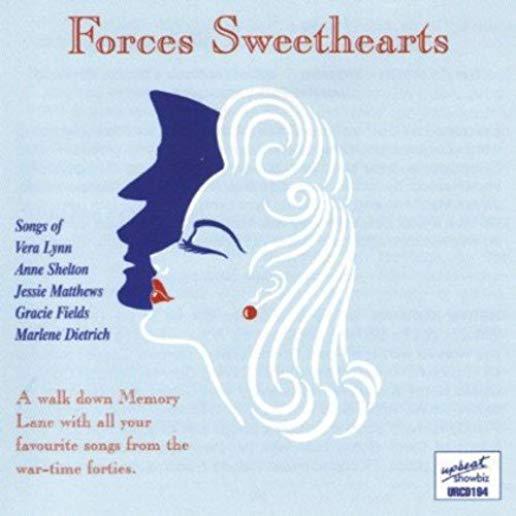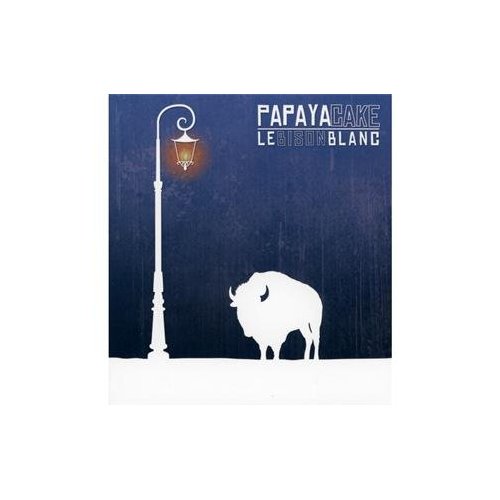
Buitrago, Jairo
product information
description
/i>, Publishers Weekly, Booklist, Shelf Awareness A Best Book of the Year--Kirkus, The Times of London This "beautifully illustrated, nearly wordless book" (New York Times) set in the dawn of human life imagines how art and storytelling were born from the power of one young girl's observation. Once upon a time, during the Pleistocene, somewhere between two-and-a-half million and ten thousand years ago, small groups of people traveled their known world, hunting for food, seeking shelter, and slowly becoming more like the people we are today. As far back as 40,000 years ago (and maybe even earlier) people began drawing pictures on cave walls. And a bit later, they carved images onto stones. Some pictures are of humans, usually drawn as stick figures, but most are of animals. We don't know their purpose, though in some cases, evidence seems to suggest they were used for storytelling. But when we look at these pictures, we can't help but admire the extraordinary talent of the first artists. They aren't just scratches on the wall. They are great art. In this book of few words, we follow a young girl who notices everything that happens around her as her people search for a cave to shelter for the winter. And we can believe that she feels the absolute necessity to draw what she has seen and to tell stories. Afterward, Everything was Different features:
An Aldana Libros Book, Greystone Kids
- Backmatter explaining what we know--and don't know--about cave drawings.
- Stunning black and white illustrations of life during the Pleistocene.
An Aldana Libros Book, Greystone Kids
member goods
No member items were found under this heading.
listens & views

FORCES SWEETHEARTS
by KORMAN,BERYL / MEADOWS,JULIA / PARTRIDGE,JENNIFER
COMPACT DISCout of stock
$17.99

CONCERTO FOR PIANO & 13 ...
by KELLER / FLADE / ENSEMBLE CHRONOPHONIE / NAWRI
COMPACT DISCout of stock
$15.99
Return Policy
All sales are final
Shipping
No special shipping considerations available.
Shipping fees determined at checkout.





